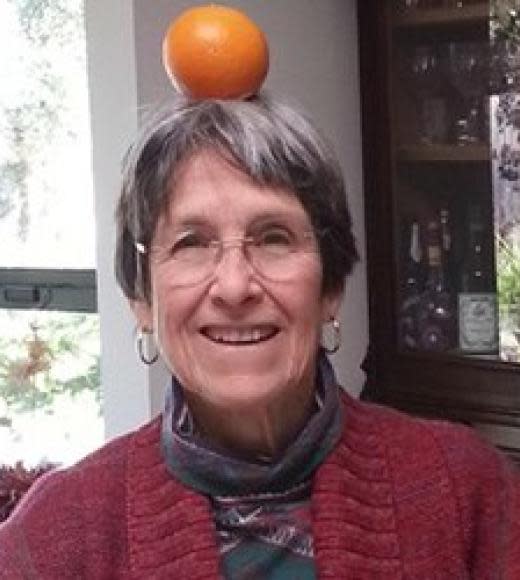Opinion: Yes, a meritocracy can lead to, and perpetuate, racial inequality
The question posed by Donald Macfarlane (“University of Iowa DEI isn't interested in the truth,” April 23), is “Can a meritocracy with no racial intent give rise to racial inequality?”
It deserves an answer, as does the related question, “Can a meritocracy perpetuate racial inequality?” The response to both is, “Yes.”
The answer to the first is embedded in the deceptive term “unbiased meritocracy.” There need be no “racial intent” for systematic bias to operate in society. When I took the LSATs in 1965, there was a cultural literacy section. As a middle-class kid with college educated parents, who grew up in New York less than a half-hour walk from the Museum of Modern Art, I easily answered a question about Gaugin. The creators of the test need not have intended to exclude Black, poor or rural aspirants. They just “knew” that good lawyers were knowledgeable about a specific kind of culture.
That was recognized as de facto discriminatory and eliminated. But it illustrates that the concept of meritocracy entails a group with the power to define what merit looks like. I doubt the unbiased criteria of merit for the NFL are as simple as Macfarlane assumes. In any case, the implication that the criteria for lawyers and doctors or, indeed, for leaders of a democratic society, are transparent to members of current elites is untenable.
One problem with allowing those on top to define the criteria for getting to the top has to do with the second question: “Can a meritocracy perpetuate racial inequality?” Even supposing the ideal of a level playing field, some of us would be playing with cleats and free time to practice; others without. Macfarlane encourages universities to “discover, publish, and teach the truth about the causes of today’s racial inequalities.”
He would certainly acknowledge the labor stolen from enslaved people and perhaps the resulting profits of bankers and industrialists. But the implication is that this history is water under the bridge. It is not. The negative inheritance of stolen labor and land denied is documented in racial disparities in wealth over time. Even if we set aside current discrimination with “racial intent,” such as gerrymandering, and even if we acknowledge the cases in which members of minorities have become CEOs or Supreme Court justices, the widespread multi-generational disadvantages imposed by disparities in housing, healthcare, public transportation and other fundamental social structures are still starkly visible.
Whether arising from race, ethnicity, disability or other forms of difference (“diversity”), the burdens that prevent individuals from fulfilling their potential must be a social, not just an individual, concern. Institutions, from hospitals to community choirs, should take positive steps to identify and remove these burdens, so that we have the best health care and the best music possible. That is, they should free unrealized merit from the shackles that the supposed meritocracy has helped to create and perpetuate. And universities, which can continue to advance knowledge of the past and present truths and, at the same time, take measures to remedy the effects of injustice, have a special responsibility.
To see the fallacious assumptions underlying Macfarlane’s argument, look no further than the opening celebration of the current state of affairs. Things may be fine in his neighborhood and mine, where the shameful levels of food insecurity would be invisible, were it not for the hard-working people who are out before dawn gleaning redeemable containers from my recycling bin. It ignores longstanding inequalities in health, infant mortality and life expectancy along economic and ethnic lines. If there were no serious problems, universities would not need policies and staff devoted to solving them.
But given the ability of self-ordained meritocracies to create and perpetuate inequalities, universities should have all hands on deck.

Joan Cadden is a professor emerita of history at the University of California-Davis. Her husband and his family are from Iowa City.
This article originally appeared on Des Moines Register: Opinion: Yes, a meritocracy can perpetuate racial inequality
